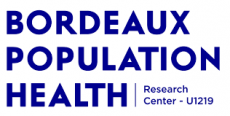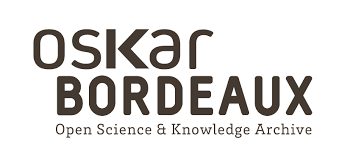A New Method to Extract Health-Related Quality of Life Data From Social Media Testimonies: Algorithm Development and Validation
Résumé
BACKGROUND: Monitoring social media has been shown to be a useful means to capture patients' opinions and feelings about medical issues, ranging from diseases to treatments. Health-related quality of life (HRQoL) is a useful indicator of overall patients' health, which can be captured online. OBJECTIVE: This study aimed to describe a social media listening algorithm able to detect the impact of diseases or treatments on specific dimensions of HRQoL based on posts written by patients in social media and forums. METHODS: Using a web crawler, 19 forums in France were harvested, and messages related to patients' experience with disease or treatment were specifically collected. The SF-36 (Short Form Health Survey) and EQ-5D (Euro Quality of Life 5 Dimensions) HRQoL surveys were mixed and adapted for a tailored social media listening system. This was carried out to better capture the variety of expression on social media, resulting in 5 dimensions of the HRQoL, which are physical, psychological, activity-based, social, and financial. Models were trained using cross-validation and hyperparameter optimization. Oversampling was used to increase the infrequent dimension: after annotation, SMOTE (synthetic minority oversampling technique) was used to balance the proportions of the dimensions among messages. RESULTS: The training set was composed of 1399 messages, randomly taken from a batch of 20,000 health-related messages coming from forums. The algorithm was able to detect a general impact on HRQoL (sensitivity of 0.83 and specificity of 0.74), a physical impact (0.67 and 0.76), a psychic impact (0.82 and 0.60), an activity-related impact (0.73 and 0.78), a relational impact (0.73 and 0.70), and a financial impact (0.79 and 0.74). CONCLUSIONS: The development of an innovative method to extract health data from social media as real time assessment of patients' HRQoL is useful to a patient-centered medical care. As a source of real-world data, social media provide a complementary point of view to understand patients' concerns and unmet needs, as well as shedding light on how diseases and treatments can be a burden in their daily lives.
Origine : Fichiers éditeurs autorisés sur une archive ouverte



